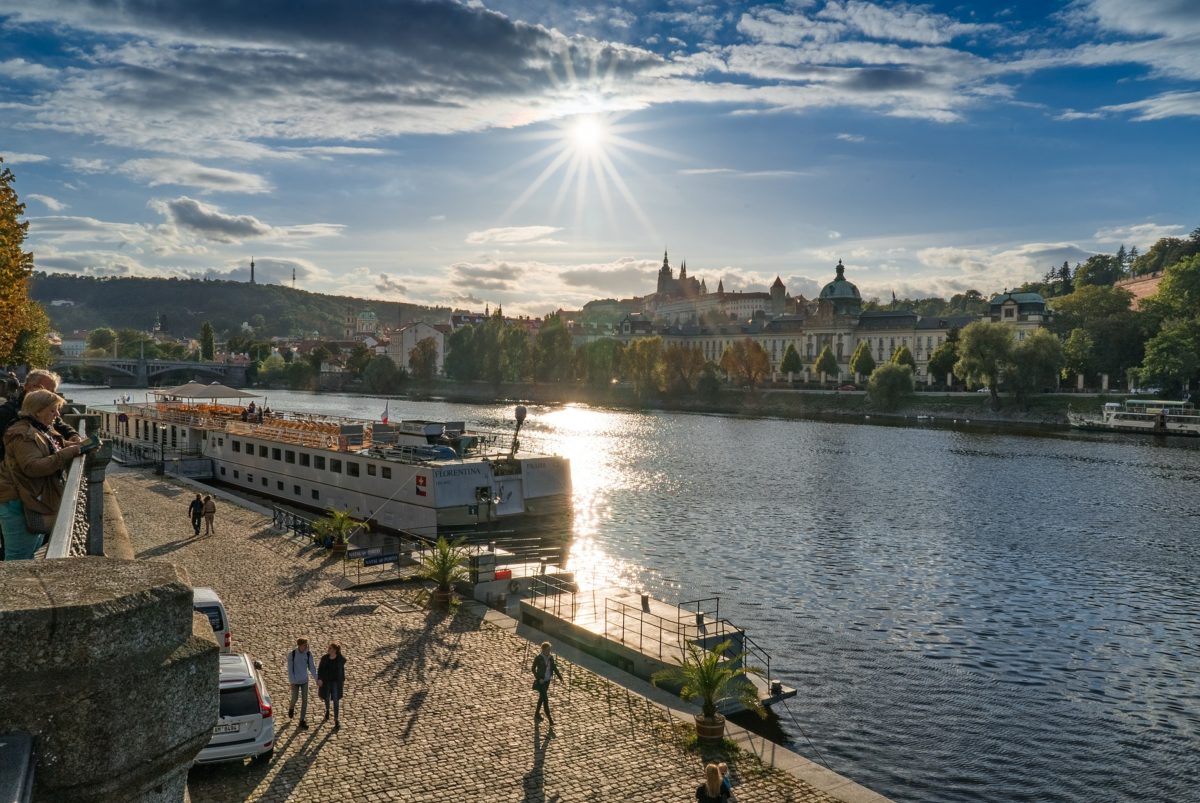Czechia’s deputy prime minister and minister of industry and trade, Karel Havlicek, has announced the country’s renewable energy target has been raised from 20.8% to 22%. Clean energy supplies 15.6% of the nation’s electricity.
Havlicek said solar power would be expected to contribute 1.9 GW of new generation capacity by 2030. Czechia had around 2,080 MW of solar installed at the end of 2019 but of that figure, only 7 MW was added last year and only around 30 MW in the last five years.
The authorities have not spelled out how the raised renewables target could be achieved or whether solar would continue to be excluded from renewable energy capacity auctions.
Ignored potential
“The new targets are certainly a success given that a year ago the Czech ministry did not want to see any significant growth of PV other than a few megawatts in residential PV annually,” Czech trade body Solární Asociace told pv magazine in a statement. “The target, however, still falls short of the technical and economic potential, which could be much higher, between 3 GW and 9 GW until 2030.”
The solar trade body said no policy measures are in place to achieve 1.9 GW more solar by 2030, especially given there appears little prospect of any energy capacity auction being held this year or next.
“The Ministry of Industry and Trade has still not managed to finalize the draft law amendment that would introduce auctions,” the PV association said. “In the current draft, solar PV is still excluded [from auctions].”
PV hostility
Popular content
Solární Asociace said the government expects large scale solar to be built either without subsidy or using investment subsidies.
The association accused Czech president Miloš Zeman of wanting to destroy the country’s solar sector, with prime minister Andrej Babiš and deputy PM Havlicek doing little to resist retroactive charges for solar. “With this threat, it is questionable whether investors and banks would be ready to invest into new large scale solar in the near future,” added the organization.
Most of the nation’s PV capacity was installed betweeen 2009 and 2011 under a feed-in tariff (FIT) regime since decried by the media as too generous amid accusations of fraud by the country’s “solar barons”. In 2014, a special solar tax of 26% was levied on FITs paid to large scale facilities connected in 2010.
Weak prospects
Solární Asociace expects 20-30 MW of new residential and commercial PV capacity in Czechia this year. “Given a shortage on the Czech labour market, we do not expect that distributed generation can generate growth above 40-50 MW per year,” it added.
The nation provides incentives for rooftop PV through a Green Savings Program, and to solar-plus-storage projects through a separate dedicated scheme.
This content is protected by copyright and may not be reused. If you want to cooperate with us and would like to reuse some of our content, please contact: editors@pv-magazine.com.



4 comments
By submitting this form you agree to pv magazine using your data for the purposes of publishing your comment.
Your personal data will only be disclosed or otherwise transmitted to third parties for the purposes of spam filtering or if this is necessary for technical maintenance of the website. Any other transfer to third parties will not take place unless this is justified on the basis of applicable data protection regulations or if pv magazine is legally obliged to do so.
You may revoke this consent at any time with effect for the future, in which case your personal data will be deleted immediately. Otherwise, your data will be deleted if pv magazine has processed your request or the purpose of data storage is fulfilled.
Further information on data privacy can be found in our Data Protection Policy.